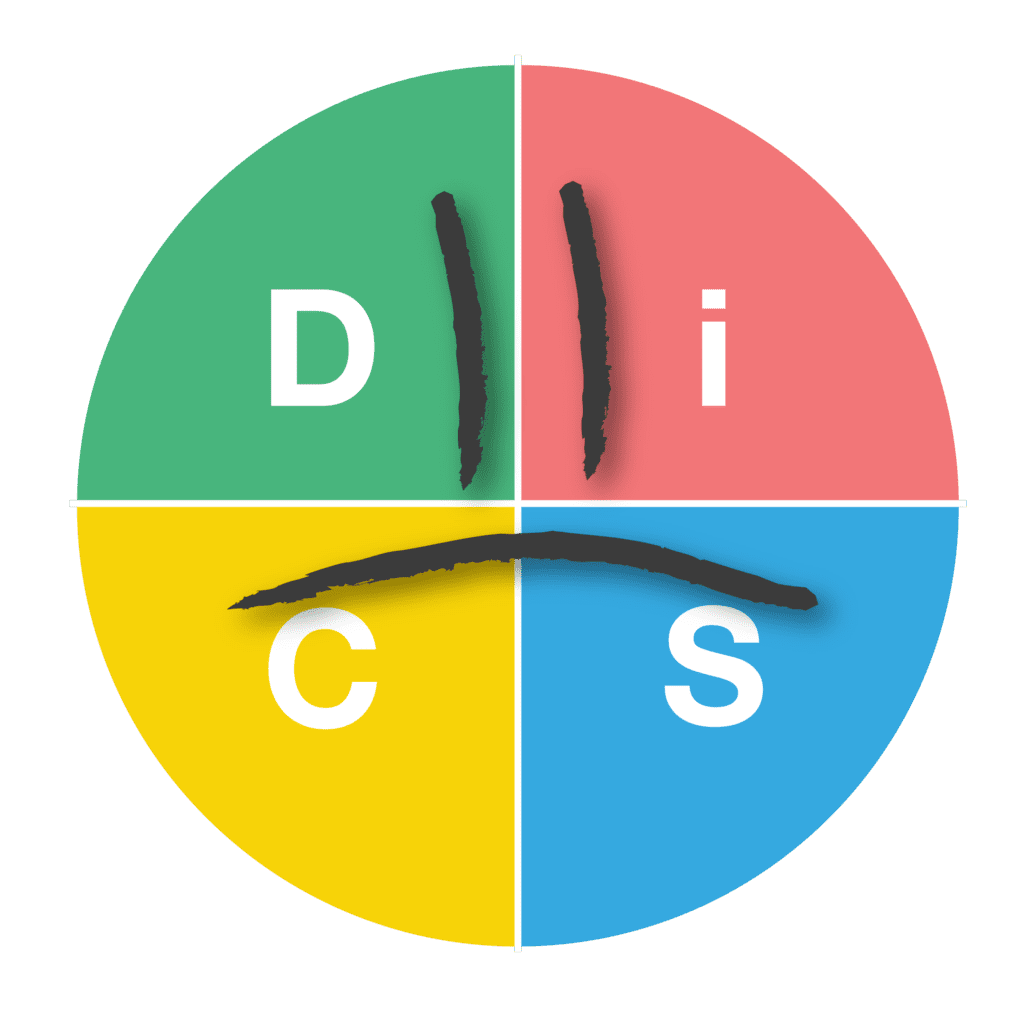Common Misuses of the DiSC Personality Assessment
Have you ever worried that employees in your organization may not be using DiSC behavioral information appropriately? Do you wonder if you are using DiSC correctly in your own personal use?
DiSC is an incredible tool. However, if used incorrectly, it can negatively impact teams rather than encourage self-discovery and enhance communication as it was intended.
We call these misuses “DiSC misfires.”
When John Geier developed the original DiSC Profile, his intention was to develop an assessment that would help individuals understand where they fall on the DiSC model developed by William Moulton Marston. As the tool was developed, he found that once a person understood their DiSC style, they could capitalize on this information by identifying opportunities to adapt their behavior in order to be more effective and successful.
Both Geier and Marston recognized that you could identify a person’s preferred behavioral style, but everyone has the ability to change how they behave depending on the situation they are in. Geier did not intend for the DiSC personality assessment to be used as an excuse for behavior or to pigeonhole others.

Whenever someone says...
- He can’t be direct. He’s an “S” after all.
- Don’t expect me to listen. I’m a “D.”
- She’ll never enjoy the party. She’s a “C.”
- I am an “i.” I just can’t sit and look at a computer all day.
It’s important for everyone who uses DiSC to identify and call out when they feel DiSC is being misused towards anyone. We need to call them out as soon as we hear them. Allowing such remarks to go unchecked sends a message that it’s okay to use DiSC in this way when it’s not.
Eventually, these misfires can impact culture and become embedded in the way DiSC is applied in an organization. People may even begin to resent DiSC instead of using it constructively. Worse yet, all of the benefits that could have been, are lost.
We took the above statements and revised them so they use the insights from DiSC appropriately:
- How comfortable are you with being more direct? I seem to remember it can be difficult for the S personality type, but I want to hear what you think.
- I know that my D-Style and my need for action causes me to not listen as effectively as I should. I’m working to improve how well I listen and I would love your support.
- We are planning a party and we would love for you to join us. Don’t feel like you need to stay the whole time if you aren’t enjoying it – we would love to spend a little time with you if you can make it.
- Being an i-Style, I find it difficult to just stare at my computer all day. If you don’t mind, I would like to do my work around other people so I can re-energize around others.
The difference between these statements is their level of openness. The first set of statements imprisons someone to the limitations of their style. The second set of statements allows a person the choice to adapt beyond their preferred behaviors.
Don’t make the mistake of incorporating DiSC misfires into your organization. Instead, develop a DiSC culture that uses DiSC to increase understanding, collaboration, and adaptability.
Take our free quiz
Test your knowledge of the appropriate uses of DiSC versus DiSC misfires. Share this quiz to get someone new to DiSC started off on the right foot. You can also use this quiz as a post-classroom activity to ensure learners recognize inappropriate uses of DiSC.
